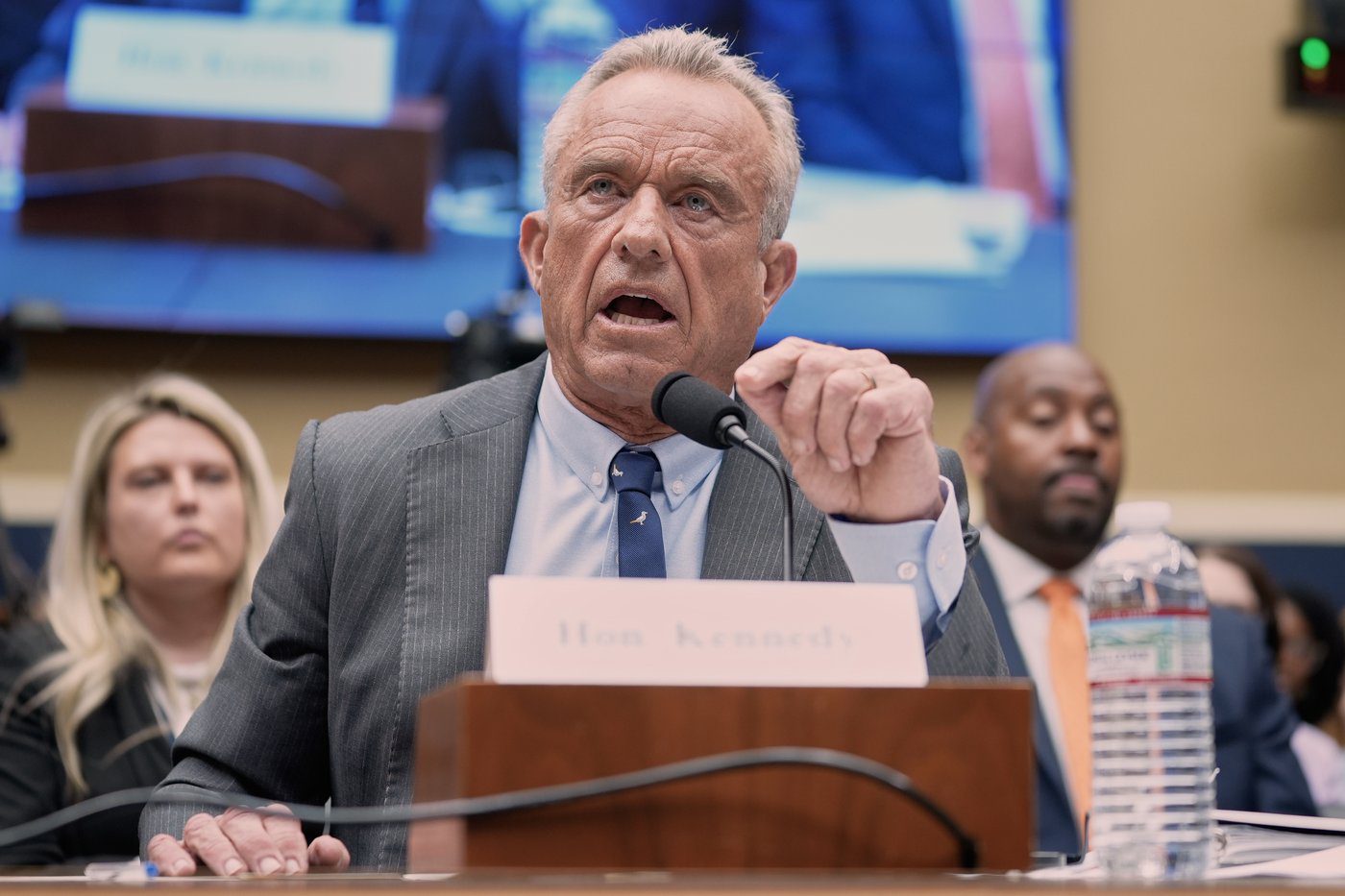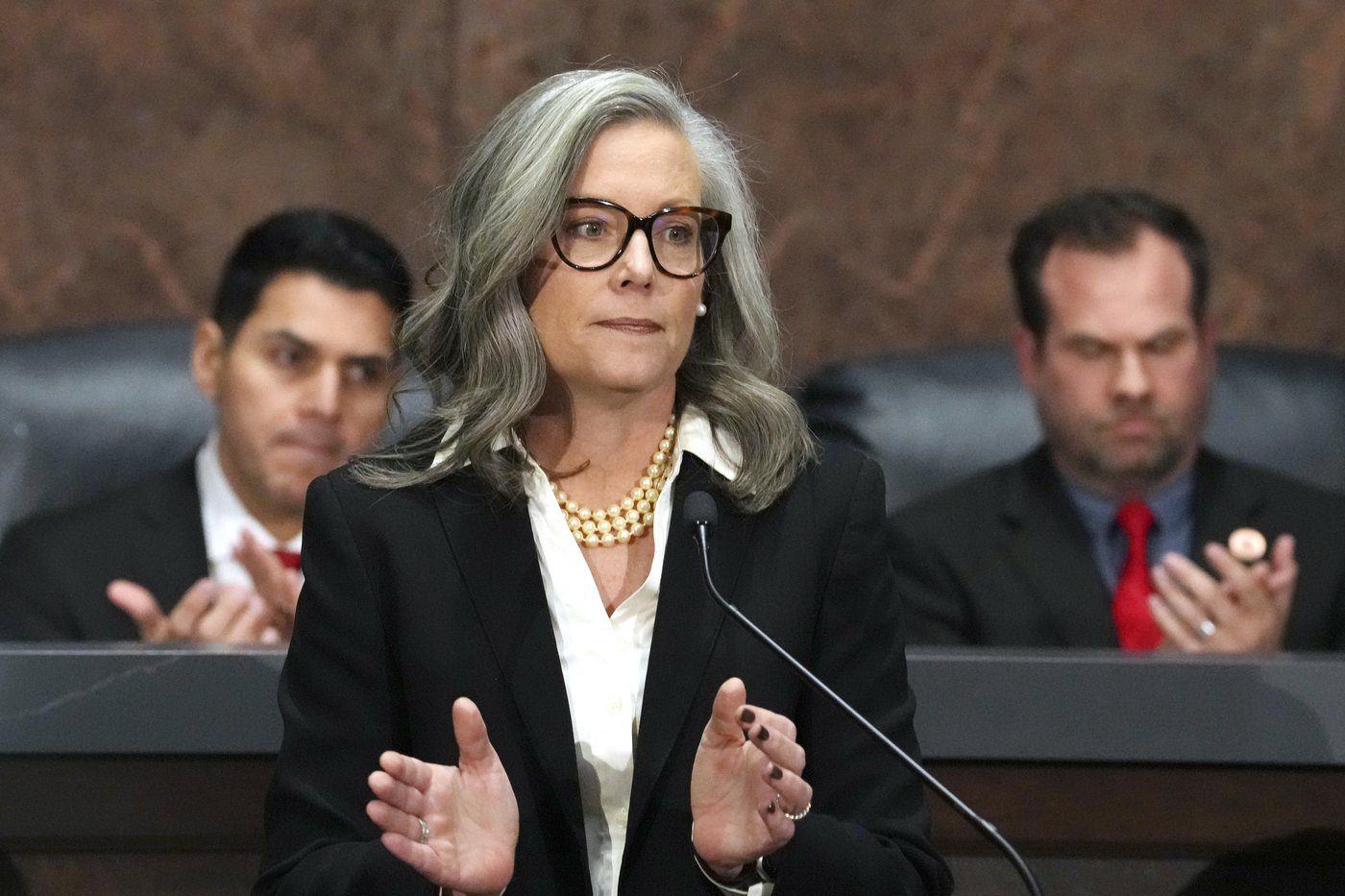Jackson, Miss. (AP) — More than 60 years after a white supremacist assassinated civil rights leader Medgar Evers, his daughter still sees the same strain of political violence at work in American society.
“It’s painful,” said Reena Evers-Everette. “It’s very painful.”
Evers-Everette was 8 years old when her father, a field secretary for the NAACP, was shot to death in the driveway of his home in Jackson, Mississippi.
A few months after Evers’ killing in 1963, President John F. Kennedy was gunned down. The deaths of civil rights leaders Martin Luther King Jr. and Malcolm X, and U.S. Sen. Robert F. Kennedy followed later that decade.
Now, experts say the level of political violence in America over the past few years is likely the highest it’s been since the 1960s and 1970s. The past year alone has seen the assassination of a Minnesota state lawmaker and her husband, the killing of two Israeli Embassy staffers, and two assassination attempts on then-presidential candidate Donald Trump.
At a four-day conference celebrating Evers’ life just before what would have been his 100th birthday on July 2, his daughter was joined by the daughters of slain civil rights leaders: Kerry Kennedy, the daughter of Robert F. Kennedy, and Bettie Dahmer, the daughter of civil and voting rights activist Vernon Dahmer. The 2025 Democracy in Action Convening, “Medgar Evers at 100: a Legacy of Justice, a Future of Change,” was held in Jackson.
“I just was feeling so much pain, and I didn’t want anyone else to have to go through that,” Kennedy said, recalling that after her father died, she prayed for the man who killed him. “I was saying, ‘Please don’t — please don’t kill the guy that killed him.’”
Two-time Georgia gubernatorial candidate and voting rights activist Stacey Abrams spoke at the event, denouncing efforts by the Trump administration to strip the names of activists from Navy vessels, including possibly Evers.
“They want to take his name off a boat because they don’t want us to have a reminder of how far he sailed us forward,” Abrams told the conference crowd.
U.S. Defense Secretary Pete Hegseth has undertaken an effort to change the names of ships and military bases that were given by President Joe Biden’s Democratic administration, which often honored service members who were women, people of color, or from the LGBTQ+ community.
Abrams drew parallels between acts of radical political violence and the Trump administration’s use of military resources against protesters in Los Angeles who were demonstrating against immigration enforcement actions.
“Unfortunately, we cannot decry political violence and then sanction the sending of the Marines and the National Guard to stop protesters and not believe that that conflicting message doesn’t communicate itself,” Abrams told The Associated Press. “What I want us to remember is that whether it is Medgar Evers or Melissa Hortman, no one who is willing to speak for the people should have their lives cut short because of what they say.”
In addition to her father’s life and legacy, Evers-Everette wants people to remember the hatred that led to his assassination.
“We have to make sure we know what our history is,” she said. “So we don’t repeat the crazy, nasty, racist mess.”
Sophie Bates, The Associated Press














